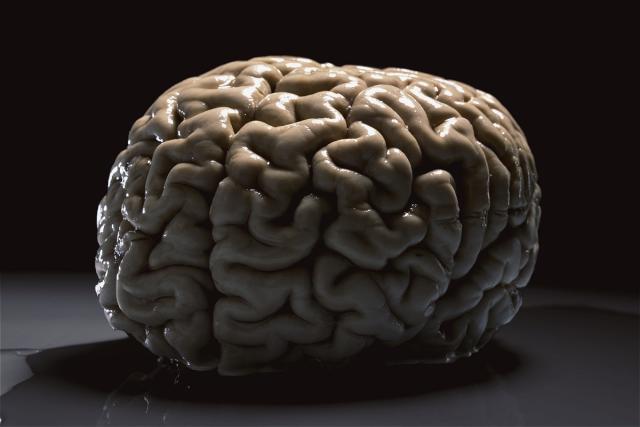UN Warns That AI-Powered Brain Implants Could Spy on Our Innermost Thoughts

Views (101)

The United Nations Educational, Scientific and Cultural Organization (UNESCO) has sounded the alarm bell on neurotechnology, warning that its "warp speed" advancement, catalyzed by artificial intelligence, poses a threat to human rights and mental privacy, Agence France-Presse reports. In response, UNESCO will develop an "ethical framework" to address the potential human rights raised by neurotech, […]
In response, UNESCO will develop an "ethical framework" to address the potential human rights concerns raised by neurotech, it said at an international conference in Paris on Thursday.
"We are on a path to a world in which algorithms will enable us to decode people's mental processes and directly manipulate the brain mechanisms underlying their intentions, emotions and decisions," Gabriela Ramos, UNESCO assistant director-general social and human sciences, said at the event.
Roughly speaking, neurotech describes electronic devices that connect with your brain or nervous system, such as brain computer interfaces, also known as brain implants, and brain scans.
It's still early days for the field, but these advances wouldn't be possible without AI, which can be used to help process brain data at astonishing rates — and that has experts worried that we could be on the precipice of grim new privacy concerns.
"It's like putting neurotech on steroids," Mariagrazia Squicciarini, a UNESCO economist specializing in AI, told AFP.
UNESCO representatives say neurotech isn't all bad, however — though there's a clear dearth of future-proofed regulation.
0 Likes
